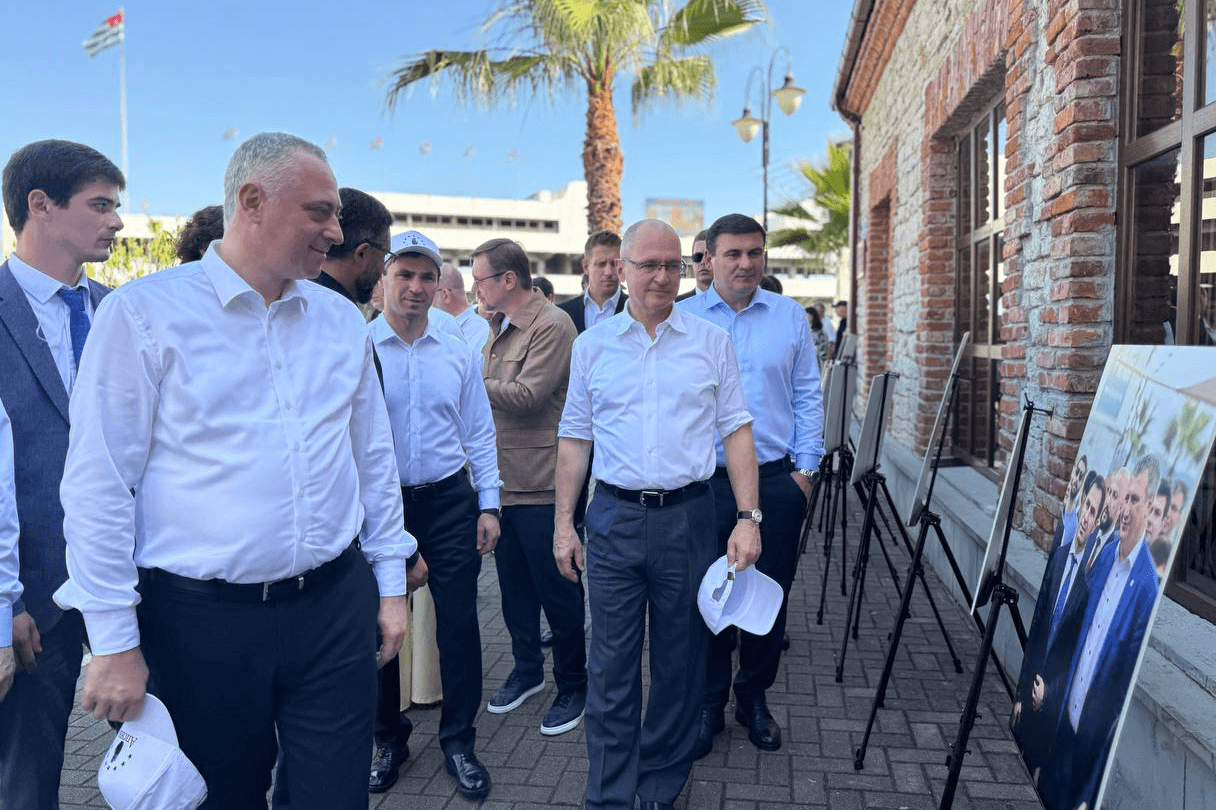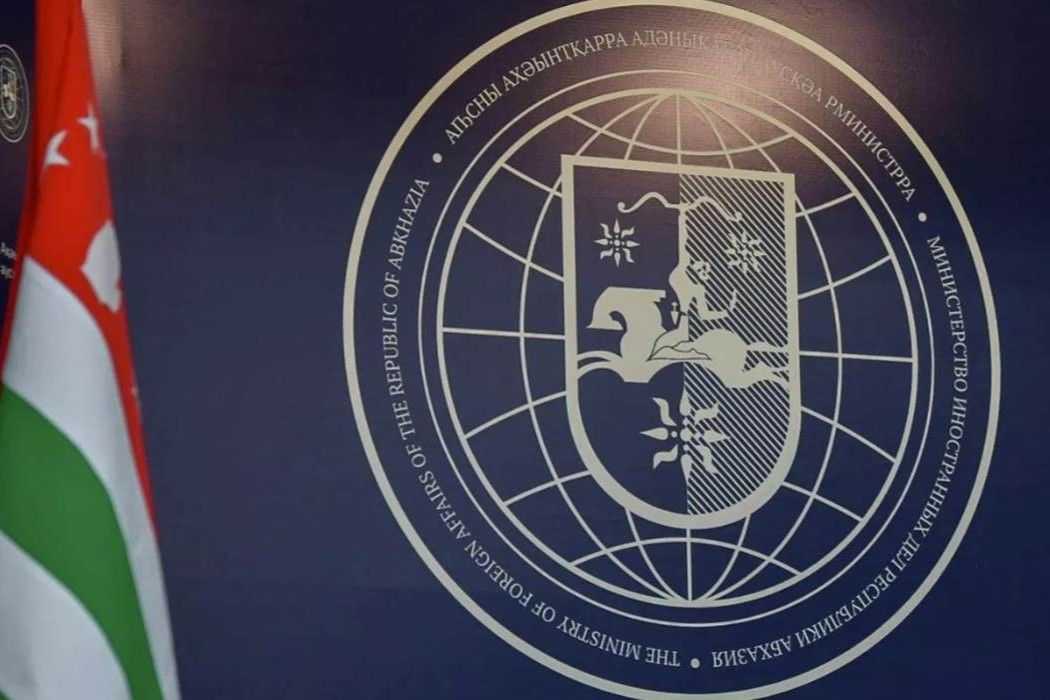
Abkhazia’s Interior Minister Robert Kiut has ordered police not to stop cars with Russian license plates in order to extract bribes.
Speaking at a meeting of the state traffic inspectorate in Gudauta on 27 June, he said Russian cars should not be stopped without a ‘valid reason’.
Kiut said that as tourists go through ‘all manner of checks’ at the border, they would not need to be subjected to spot-checks once within Abkhazia.
Tourists entering Abkhazia from Russia have their documents, including those relating to vehicle ownership, checked by the Russian and Abkhazian security services, and are legally required to have car insurance.
[Read more: Is Abkhazia’s car insurance mandate driving tourists away?]
‘People come here to rest, if they had something wrong [with their documents], […] they might not have reached here. They wouldn’t even have crossed the border’, said Kiut.
‘[Drivers] should not be stopped just to check their documents. If there is a violation, take appropriate measures, but they must be justified. So that there are no complaints addressed to me, regarding the fact that bribes are being taken’
How ‘appropriate measures’ can be taken against tourists remains to be clarified, as the measures used in the case of traffic violations by Abkhazians are not applicable to non-residents. When a resident of Abkhazia commits a violation, their driving licence is confiscated by police. After paying a fine at a traffic police department, their licenses are returned.
Abkhazian police do not have the right to seize the driving licences of Russian citizens, but were long known to do so and demand payment from tourists in exchange for the return of their documents.
In recent years, interior ministers have made similar announcements, calling for traffic police not to extort payments from foreign visitors.
Tourists state that they have seen significant improvements in the behaviour of traffic police in the last five years.
Alexander Dorofeev, from Lipetsk, western Russia, has been holidaying in Abkhazia for the past eight years, and told OC Media that the attitude of traffic police towards tourists had become much better.
‘In Russia, it is more difficult to travel in this regard’, said Dorofeev. ‘There, if you are stopped, you immediately need to prepare your wallet. No one will let you go just like that, even if you did not violate anything. And here I was stopped once to be shown where to get insurance.’
While the move might seem to risk that police would make up the shortfall in income by targeting locals, a traffic police officer told OC Media that this was unlikely given the high degree of connectedness in Abkhazia.
‘We have an entirely unique situation — we do not take money for releasing violators, we release them in a brotherly way, so to speak, because they are an acquaintance, a brother, or a parent-in-law’, said the officer, speaking on condition of anonymity.
‘Even rotation of personnel between regions does not solve the problem — we are a small country and all know each other very well. I don’t have the toughness to issue a fine to my teacher’s son or the father of my son’s classmate. All the problems stem from this.’
The officer added that many more violations are committed daily than are published in official reports.
On 23 March of this year, Abkhazia’s parliament voted to increase the fine for drunk driving from ₽12,000 ($130) to 30,000 ($330) for the first offence, and ₽50,000 ($560) and deprivation of the driver’s licence for a year for a second offence.
Many have already been fined on the new terms, and Abkhazia’s Interior Ministry website publishes daily the results of raids that are carried out every day.
For ease of reading, we choose not to use qualifiers such as ‘de facto’, ‘unrecognised’, or ‘partially recognised’ when discussing institutions or political positions within Abkhazia, Nagorno-Karabakh, and South Ossetia. This does not imply a position on their status.







